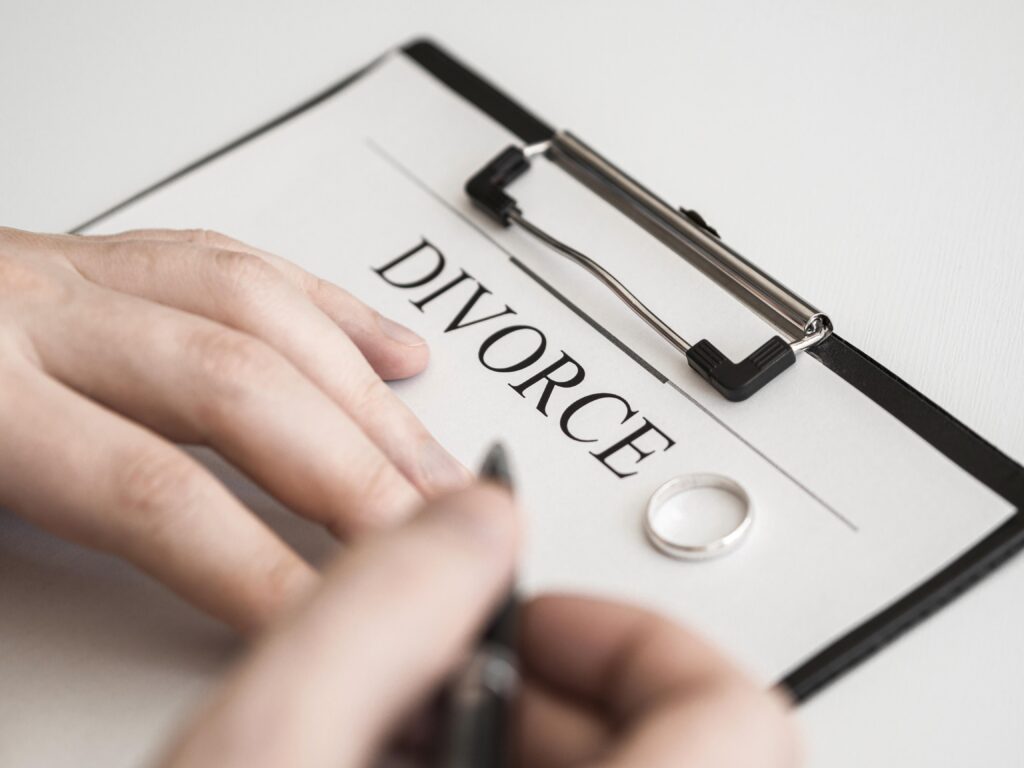Now Reading: What to Do if You Get Injured in the U.S.
-
01
What to Do if You Get Injured in the U.S.

What to Do if You Get Injured in the U.S.
Accidents can happen to anyone, anywhere, and at any time. Whether it’s a slip and fall, a car accident, or an injury at work, getting injured can be a stressful and overwhelming experience. Knowing what steps to take after an injury occurs is crucial to ensure your safety, protect your rights, and receive the appropriate medical care.
In this article, a Rand Spear Personal Injury Lawyer will guide you through the necessary actions you should take if you find yourself injured in the United States.
Immediate Response and Safety Measures
The moments immediately following an injury are critical. Here are some essential steps to take for your immediate response and safety:
- Assess the situation: Determine the severity of your injury and the potential dangers around you. If you’re in immediate danger, move to a safe location if possible.
- Seek medical attention: If your injury is severe or life-threatening, call emergency services (911) immediately. For less urgent injuries, visit a nearby healthcare facility or contact your primary care physician for guidance.
- Document the incident: Take photos or videos of the scene, including any hazards, injuries, or property damage. This evidence may be helpful for insurance claims or legal purposes later on.
- Identify witnesses: If there were any witnesses to the accident, collect their contact information. Their testimonies can be valuable in establishing liability and supporting your case.
Legal and Insurance Considerations
Once you have ensured your immediate safety, it’s important to address the legal and insurance aspects of your injury:
- Report the incident: Notify the appropriate authorities or property owners about the accident. This step is particularly crucial for workplace injuries or accidents that occur on someone else’s property.
- Gather relevant information: Collect all relevant details related to the incident, such as names, addresses, and contact information of involved parties (e.g., drivers, property owners, employers), as well as insurance information, if applicable.
- Consult an attorney: If your injury resulted from someone else’s negligence or misconduct, it’s advisable to consult a personal injury attorney. They can provide legal advice, assess your case’s strength, and guide you through the claims process.
- Notify your insurance company: If you have insurance coverage that may apply to your injury, inform your insurance provider promptly. They will guide you on filing a claim and provide instructions on the necessary documentation.
Medical Treatment and Rehabilitation
Proper medical treatment is essential for a speedy recovery. Consider the following steps for effective medical care and rehabilitation:
- Follow medical advice: Adhere to the instructions given by your healthcare provider. Attend all scheduled appointments and follow the prescribed treatment plan, including medication, physical therapy, or rehabilitation.
- Keep records: Maintain a detailed record of all medical visits, treatments, prescriptions, and bills related to your injury. These documents will be necessary for insurance claims and potential legal proceedings.
- Seek second opinions: If you’re unsure about your diagnosis or treatment options, don’t hesitate to seek a second opinion from another qualified healthcare professional. It’s important to ensure you receive the best possible care.
- Focus on recovery: While dealing with the aftermath of an injury can be stressful, try to focus on your recovery. Give yourself time to heal physically and emotionally. Reach out to friends, family, or support groups for assistance and encouragement.
Additionally, consider taking preventive measures to minimize the risk of future accidents. Be cautious, follow safety guidelines, and maintain awareness of your surroundings. This proactive approach can help reduce the likelihood of being involved in another injury-causing incident.
Resources You Can Use
Additionally, it’s worth noting that there are certain resources and support systems available to individuals who have been injured in the United States:
- Worker’s Compensation: If your injury occurred while you were on the job, you may be eligible for worker’s compensation benefits. Report the incident to your employer as soon as possible to initiate the worker’s compensation claim process.
- Social Security Disability Insurance (SSDI): If your injury is severe and prevents you from working for an extended period (typically a year or more), you may qualify for SSDI benefits. SSDI is a federal program that provides financial assistance to individuals with disabilities who have paid into the Social Security system through their work history.
- Support Groups and Counseling: Consider joining support groups or seeking counseling services to connect with others who have experienced similar challenges. These resources can provide a safe space to share your experiences, receive guidance, and find emotional support during your recovery process.
- Nonprofit Organizations: There are various nonprofit organizations and advocacy groups dedicated to assisting individuals who have been injured. These organizations can offer resources, information, and support specific to your type of injury or circumstances.
- Rehabilitation and Vocational Programs: If your injury has resulted in long-term disability or limitations, rehabilitation programs, and vocational training can assist you in regaining independence and reentering the workforce. These programs provide specialized therapies, job retraining, and educational resources to help you adapt to your new circumstances.
Remember, it’s important to conduct thorough research and consult relevant professionals to determine the specific resources and programs available to you based on your injury and location.
Let Us Help
Getting injured in the United States can be a distressing experience. However, by taking immediate action to ensure your safety, seeking appropriate medical care, and addressing the legal and insurance aspects, you can navigate the process more effectively. Remember to consult professionals who can provide expert guidance and support throughout your recovery journey. Stay informed, protect your rights, and prioritize your well-being.

With a BA in communications and paralegal experience, Irma C. Dengler decided to make the best of her writing skills. She decided to turn complicated legal matters into something more
palatable for the masses. Therefore, Irma became a law communicator who writes about everyday problems so everyone can understand them and take the appropriate action. She specialized in personal injury cases, as they are more common than anyone thinks, but her areas of expertise also include civil law, criminal law, insurance-related issues, and more.










